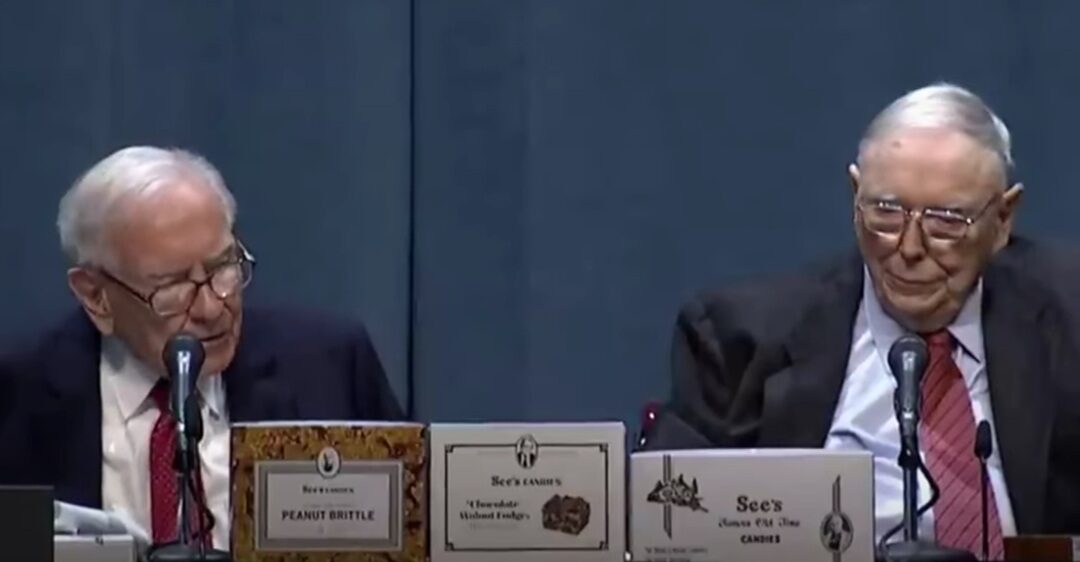Investing: Why Time in the Market Beats Timing the Market
“Time in the market beats timing the market.”
It’s one of the golden rules of investing—and for good reason. While traders often try to outsmart the market by buying low and selling high, history shows that the investors who build the most wealth aren’t the ones who perfectly predict every peak and dip. They’re the ones who start early, stay consistent, and let compounding do the heavy lifting.
Warren Buffett: Market Timing Is Both Impossible And Stupid
The Myth of Market Timing
The idea of buying at the bottom and selling at the top is tempting. Who wouldn’t want to maximize returns by perfectly timing entries and exits? The problem is, almost no one gets it right consistently.
-
Miss just the 10 best days in the market over a 20-year span, and your returns could be cut in half.
-
Market bottoms and tops are usually only obvious in hindsight. By the time you think you’ve spotted one, the opportunity is gone.
-
Even professional fund managers—armed with research teams and advanced analytics—struggle to beat the market long-term.
Trying to time the market often leads to hesitation, emotional decisions, and missing out on long-term gains.
The Power of Time in the Market
Wealth grows not through perfect timing, but through time and compounding.
-
Compounding explained: When your investments earn returns, those returns start earning their own returns. Over decades, this snowball effect turns small contributions into large sums.
-
Example: Invest $500 a month at an average 8% annual return. After 10 years, you’d have around $91,000. After 30 years, that same system grows to more than $745,000—even though you only contributed $180,000 yourself.
The lesson: the longer your money stays invested, the more compounding accelerates your wealth.
Start Early, Stay Consistent
-
Start Early: The best time to plant a tree was 20 years ago; the second-best time is today. Even small amounts invested early have decades to grow.
-
Stay Consistent: Use dollar-cost averaging—investing the same amount at regular intervals regardless of market conditions. This removes emotion and ensures you benefit from both dips and rallies.
-
Think Long-Term: Resist the urge to check daily fluctuations. Markets go up and down in the short run but historically trend upward over time.
Why Patience Wins
Investing rewards patience, discipline, and persistence:
-
Market volatility is normal. Short-term corrections are part of the game, not signs of failure.
-
Consistency builds resilience. By regularly contributing, you smooth out volatility and avoid being paralyzed by fear or greed.
-
Long-term horizons reduce risk. Historically, the longer you stay invested, the higher your probability of positive returns.
Practical Steps to Apply
-
Automate your contributions so investing becomes effortless.
-
Diversify across stocks, bonds, real estate, and other assets to reduce risk.
-
Reinvest dividends instead of cashing them out early.
-
Avoid panic selling during downturns; remember that volatility is opportunity.
Final Takeaway
Trying to “time the market” is a gamble. Staying invested is a proven strategy. By starting early, staying consistent, and allowing compounding to do its work, you put time on your side.
In investing, patience isn’t just a virtue—it’s the engine of wealth.
CRYPTO RICH
 Welcome to CryptoRich.io! ($RICH) I’m Crypto Rich, and I created this platform to share my passion for cryptocurrency and blockchain technology with the world. Over the years, I’ve navigated the highs and lows of the crypto market, learned valuable lessons, and developed strategies that have helped me thrive in this ever-changing space. My goal is to empower you to do the same.
Welcome to CryptoRich.io! ($RICH) I’m Crypto Rich, and I created this platform to share my passion for cryptocurrency and blockchain technology with the world. Over the years, I’ve navigated the highs and lows of the crypto market, learned valuable lessons, and developed strategies that have helped me thrive in this ever-changing space. My goal is to empower you to do the same.
CA: GfTtq35nXTBkKLrt1o6JtrN5gxxtzCeNqQpAFG7JiBq2


